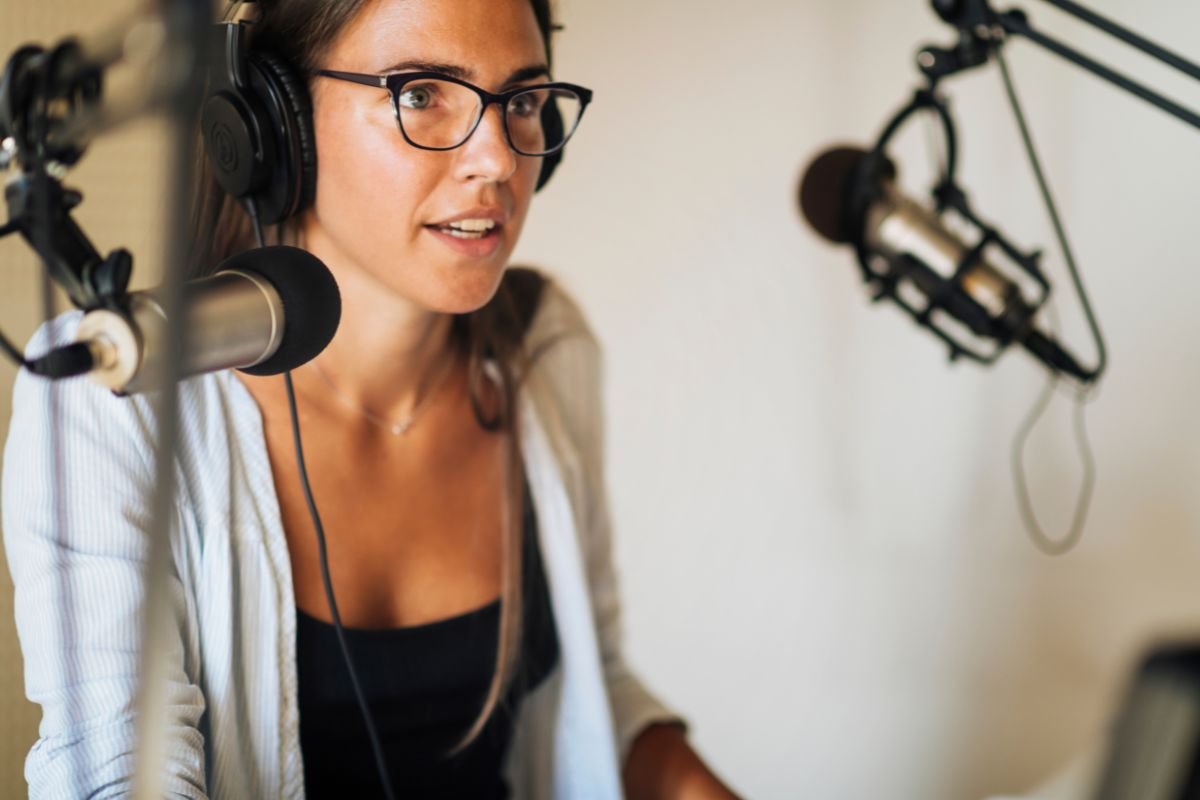Will Artificial Intelligence Transform Religion?
Every day I read about a new way that AI is changing the world. So I submitted the words “torah” and “artificial intelligence” to one of my favorite AI tools, and I wasn’t surprised that one of the questions it popped out, was:
“Will artificial intelligence transform religion?”
The quick is answer is yes, AI certainly will transform religion. Of course it will, but not entirely. That’s because AI has limits, and those limits point directly to the value human intelligence still offers. So what can humans can do that artificial intelligence can’t? It’s simple, humans can share and understand emotion. Emotions are what make us human, and nothing has made that more clear than the rise of artificial intelligence
The human religious experience is inherently emotional, which means that no matter how smart our new AI friends get, they’ll never be able to do much more than organize and distribute religious knowledge. Certainly AI isn’t going to offer chaplaincy services–visiting the sick and comforting those who are grieving. AI isn’t going to sit patiently with a child who’s struggling to connect with prayer and guide them through their feelings, or counsel a newly engaged couple trying to imagine and structure their shared future, or charge a congregation to cement social change in our society.
Faith-based communities who are worried about artificial intelligence should focus on recognizing and tending to the emotional needs of their congregation–at the most joyous and challenging of times. Every community is different, and every community has needs, it’s the job of community leadership to see those needs and meet them, with a high degree of emotional intelligence and human connection. Something AI just can’t do. Not yet, and maybe not ever.
Podcasting is a great tool for faith-based communities looking to serve the diverse emotional needs of their congregation. The nature of podcasting serves to create intimate relationships with listeners, cultivating and deepening direct congregational engagement with clergy, educators, and other leaders.
If you’re ready, or you just have questions, I’d love to be a resource for you on this journey. Send me a message, and we can get started today.


